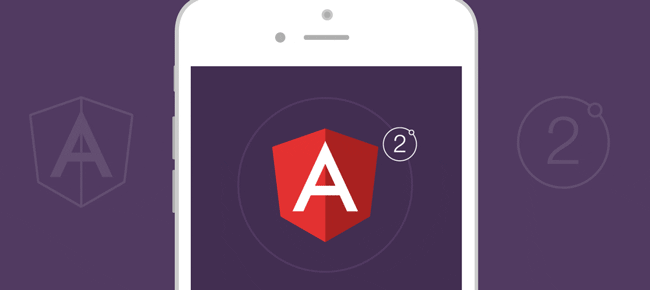Blog

The web developer's ecosystem has shifted dramatically over the last few years, and this has created opportunities for new approaches to mobile development. The Ionic framework from Drifty Co is a great example of this. Ionic came late into the hybrid-mobile-app development game, but it almost immediately found it’s place as a leader in the industry and is now almost synonymous with mobile HTML5 development for many people.

This post was last updated 02/09/2016. One of the features that made Angular 1.x a great tool for developers was how it simplified working with forms. Angular 2 builds on the strong foundation of Angular 1.x and provides even better tools for working with forms and validation. In this blog, we'll take a closer look at some of these upgrades. Also, stay tuned for two other posts in this series that will cover Directives and Observables.

PhoneGapDay 2016 happened in Salt Lake City last week and it was great to see how the mobile ecosystem is evolving. For me, it was a perfect start to 2016 and offered an opportunity to ponder 2015's many innovations (such as Angular 2, Ionic 2, Native Script, and React Native) and what that means for mobile app development.

In the years since Angular 1.x was released, web development tools have continued to rapidly evolve. Angular 2 takes full advantage of the feedback from Angular 1.x users to shape many of the new features.

Angular 1.x still works. Even Angular < 1.2 still works and packs a powerful punch for less than a hundred kilobytes; it's more backwards compatible too. By the time Angular 1.4 came out the framework had grown to nearly one hundred and fifty kilobytes, and dropped support for some older browsers. Angular 2 is now in beta and it is over half a megabyte, and more or less requires developers to use language features not yet supported by current browsers.

React Native moves JavaScript mobile application development from being simply hybrid, towards a radical fusion of mobile native and hybrid JavaScript development. A powerful omnichannel strategy of learn once, apply everywhere, has made it the choice for many of our mobile apps.

The release of the Angular 2.0 Beta is a massive release with far reaching effects for a huge portion of the web application industry.

If you're using Angular 1.x and you're interested in Redux this post is still quite relevant today, just make sure to check out the latest documentation.




